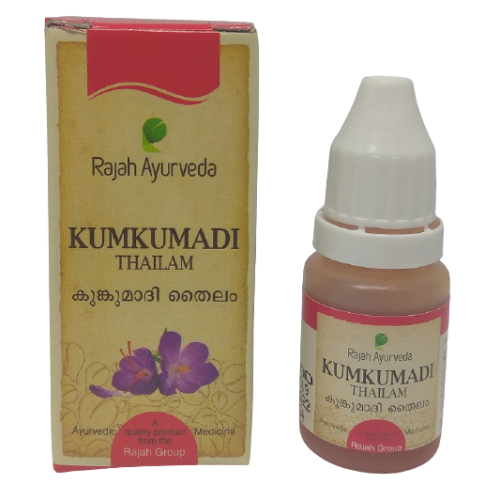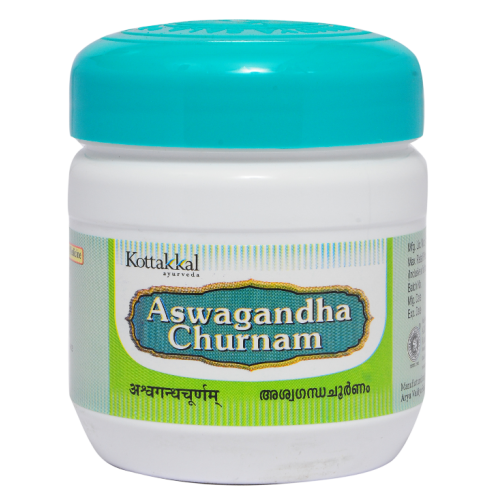Ayurveda, the ancient system of medicine, originated in India thousands of years ago. While deeply rooted in Indian culture, Ayurveda has transcended borders and gained popularity worldwide. This blog explores the global influence of Ayurveda and how it has been adapted to suit different cultures. Additionally, we’ll delve into the classical Ayurvedic texts and their invaluable contributions to Ayurvedic knowledge. Before we begin, it’s worth noting that Ayurvedic Mall (https://ayurvedicmall.com/) offers a wide range of Ayurvedic products, helping individuals on their wellness journey.
Ayurvedic Practices Around the World: Ayurveda’s profound impact has reached far beyond India’s shores. As people seek holistic approaches to health, Ayurveda has found followers worldwide. Countries such as the United States, United Kingdom, Australia, and many others have embraced Ayurveda as an alternative system of medicine. Ayurvedic clinics, wellness centers, and spas have sprung up, offering consultations, therapies, and treatments based on Ayurvedic principles.

What makes Ayurveda adaptable is its emphasis on individualized care. Practitioners tailor treatments according to a person’s unique constitution and imbalances. This aspect of Ayurveda has allowed it to integrate harmoniously with different cultures and healthcare systems. Ayurvedic practitioners in various countries combine Ayurvedic principles with local herbs, practices, and traditional medicine to create a truly holistic approach to healing.
Ayurvedic Texts and Literature: To understand the foundation of Ayurveda, we turn to its classical texts, which form the backbone of this ancient science. The Charaka Samhita, Sushruta Samhita, and Ashtanga Hridaya are three prominent texts that have shaped Ayurvedic knowledge.
The Charaka Samhita, attributed to the sage Charaka, covers various aspects of Ayurveda, including anatomy, physiology, disease classification, and treatments. It presents a comprehensive understanding of the human body and the interconnectedness of body, mind, and spirit.
The Sushruta Samhita, authored by the sage Sushruta, focuses primarily on surgical techniques, making it a pioneering work in the field of ancient surgery. It details various surgical procedures, instruments, and principles of wound healing.

The Ashtanga Hridaya, compiled by Vagbhata, is a concise compilation that synthesizes information from the Charaka Samhita and the Sushruta Samhita. It serves as a practical guide for Ayurvedic practitioners, covering topics such as diagnosis, treatment, and herbal formulations.
These texts are not only valuable repositories of Ayurvedic knowledge but also inspire contemporary practitioners to adapt and evolve Ayurveda in the modern world. Their teachings continue to shape Ayurvedic education and practice globally.
Ayurveda’s journey from its ancient roots in India to its global influence is a testament to its profound healing principles. As Ayurveda spreads across the world, it integrates with diverse cultures and healthcare systems, providing holistic approaches to well-being.
If you are interested in exploring Ayurvedic products, Ayurvedic Mall (https://ayurvedicmall.com/) offers a wide range of authentic Ayurvedic products, ensuring that you can experience the benefits of Ayurveda in your wellness journey.
Whether you are drawn to Ayurvedic practices for their holistic nature or are intrigued by the wisdom of the classical texts, Ayurveda has something to offer everyone. Embracing Ayurveda means embracing a harmonious relationship between mind, body, and spirit, fostering a path to holistic health and well-being.



